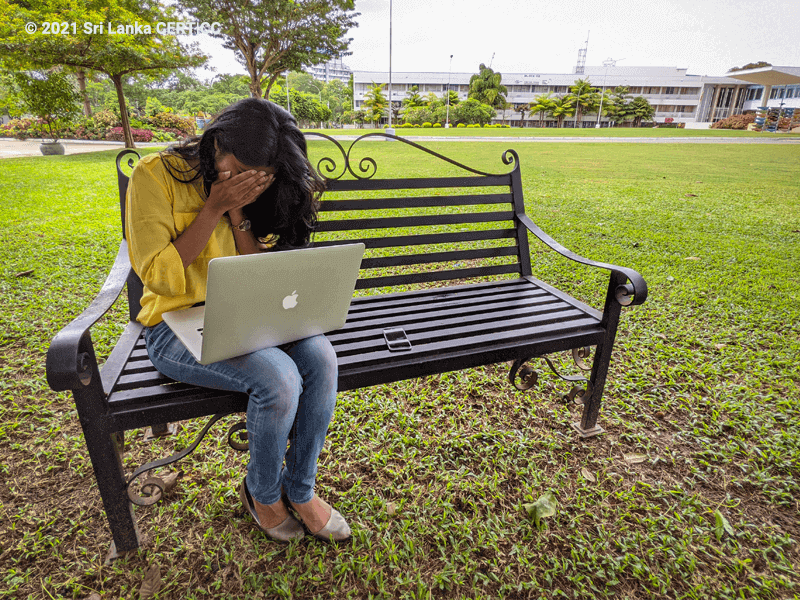Safety Tips for Cyber Violence against Women and Girls

The Internet comes to us with promises of a wealth of opportunities including the amazing ability of establishing connections on a global scale. With the number of users in cyber space rising rapidly, there is a trend in which the threats and dangers posed to the audience has become rampant.
Particularly, as a woman when you go online, there are hurdles that bring safety issues that a man does not usually experience. Cyber-bullying, sexual harassment, doxing, threatening, disclosing private photos and videos without consent are issues faced by the women in the cyber space. These are gender-based abuses on the cyber space.
You as a smart woman, should always take the responsibility to stay aware of the dangers that exist on the cyber space, and should develop your skills to protect yourself from gender based cyber abuses.
Following are some common online threats as a woman you might get exposed to,
Cyber-bullying
Cyberbullying is the usage of social media, emails or mobiles to embarrass, degrade, threaten or silence an individual. You may encounter following issues on Facebook, WhatsApp, Viber, Instagram, and other social media platforms.
- Someone sending hurtful or abusive messages
- Someone posting embarrassing photos of you
- Someone impersonating you and sending messages to others
- Someone sending you pornographic content
- Someone making defamatory comments about you online
- Someone harassing you during a live chat
Sexting
Sexting is circulating sexually explicit messages, photographic images or videos through social media platforms. Someone can circulate sexually explicit images of you to others or even can post such photos on a social media platform.
Doxing
Doxing is someone distributing your personal information such as your home address, phone number, email address or place of work without your consent. Such information can be used by perpetrator to blackmail you or impersonate you.
Cyberstalking
Cyberstalking is someone gathering your personnel data available online (your financial affairs, relationships details, social and work life, your location) to stalk you or harass you, or even to establish a relationship with you.
Revenge porn
Revenge porn means distributing sexually explicit photos or videos of yourself onto social media or uploading such content to pornographic websites. Typically, content of this nature can be posted by your ex-partner (boyfriend), who does it with the purpose of causing humiliation and damage to your reputation.
Safety Tips
- Privatize your social life. Limit the audience when you share your personal information (address, phone numbers, emails, work place) on social media platforms.
- Be especially careful with posts and pictures. Never post intimate photos, videos, information or anything that has the possibility to come back and embarrass you. Remember that once you hit share, the pictures or videos go to persons on social media platforms.
- Do not share your passwords with anyone and change your password frequently. Use different passwords to different social media accounts and email accounts.
- Always use strong passwords
- Enable multifactor authentication.
- Do not leave your webcam connected. There are apps that clever enough to turn on your camera and record your movements without your knowledge. Hence, disable camera permission for apps and keep the lens of your camera covered when not in use.
- Be cautious when meeting someone you met online in person. If you choose to meet, do it in a public place and take along a friend or someone you trust. Always let your friends and family know where you are going and who you are meeting.
- Never accept friend requests from unknown people. Block people that you do not want to interact with.
- Never respond to e-mails with pornographic content or other inappropriate material.
- Do not leave your computer or social media (or email) accounts logged in and unattended.
- Record evidence whenever possible. Most cyber incidents leave digital footprints, and therefore, record evidence for future actions.
- Do not post mean or embarrassing things about someone else, or do not react by doing the same.
- For more information, refer security tips for social media or seek technical assistance from Sri Lanka CERT
- Should you need any legal assistance, please contact Cyber Crimes Division – Social media of Sri Lanka Police through phone number 011 2337 432 or email dir.cid@police.lk





 Total Users : 202933
Total Users : 202933